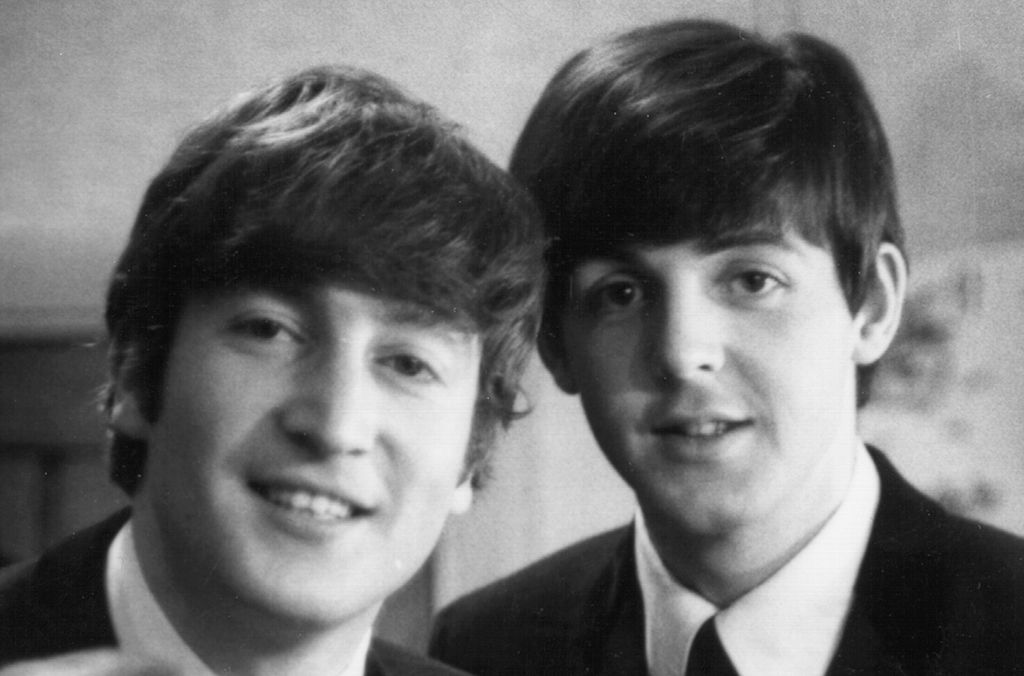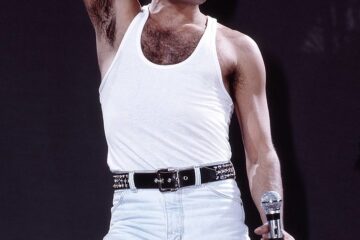Arguably, the most important meeting in 20th-century pop cultural history occurred in July 1957. During a fête at the unsuspecting St Peter’s Church Hall in Woolton, Liverpool, a 15-year-old Paul McCartney met John Lennon. Nearly two years McCartney’s senior, Lennon had recently formed a skiffle group with some school friends named The Quarrymen. After recognising McCartney’s musical talent and passion, Lennon recruited the youngster, initially as a rhythm guitarist.
As a budding songwriter, McCartney soon became Lennon’s second in command. They frequently met up for listening and practice sessions without the rest of the band, establishing early embers for the Lennon-McCartney songwriting partnership. Little did this teenage pair know then that over the ensuing decade, they would become the most successful songwriters of all time, rivalling Elvis Presley’s stature as a musical icon.
In 2021, McCartney appeared on BBC Radio 2 to discuss his modern solo exploits in a conversation that inevitably returned to his heyday with The Beatles. “We’d grown up together. From little kids, we’d taken the first steps together,” he said of his early bond with Lennon. “We kind of learned to walk together, then we learned to run. And the fact that each of us was influencing the other was very important. And we were learning, not just about songs and stuff, about life.”
Continuing, McCartney explained how, as a pair, they encouraged one another to enhance their creativity. Whether competitive or symbiotic, creativity is always better shared. “If I did something that was a little bit ahead of the curve, then John would come up with something that was a bit ahead of my curve. And then so I’d go, ‘Well, how about this?’ and there was a lot of friendly competition.”
McCartney noted how important friendships between the mid-teen years and late-20s can be. “That’s an awful long time to be collaborating with someone, and you grow to know each other, and even when you’re apart, you’re still thinking about each other, you’re still referencing each other,” he added.
Through The Beatles’ emphatic rise to stardom with hits like ‘She Loves You’ and ‘I Want to Hold Your Hand’ to their psychedelic era masterpieces like ‘A Day in the Life’ and ‘Tomorrow Never Knows’, Lennon and McCartney enjoyed a telepathic writing partnership. However, several significant differences existed between their writing styles, which seemed to diverge increasingly approaching the band’s dissolution in 1970.
Fundamentally, Lennon favoured the bizarre, writing elusive songs about Egg Men, Walruses, and women named Lucy who may or may not have been high on LSD, whereas McCartney favoured romantic ballads and “fruity” narratives like those dictated in ‘Maxwell’s Silver Hammer’. This rule wasn’t hard and fast, but it illustrates a difference in personalities that broadened in the post-Beatles years as Lennon’s writing became increasingly political and agitated.
For the most part, Lennon and McCartney enjoyed each other’s songwriting contributions and celebrated their creative differences by dividing up album real estate. Sadly, they never offered George Harrison’s constantly improving songwriting cache a fair share. Alas, several contributions from Lennon and McCartney didn’t sit well with the other three.
Lenon, Harrison and Ringo Starr famously all voiced abject loathing for ‘Maxwell’s Silver Hammer’ as one of McCartney’s ill-conceived late ‘60s creations. However, this was certainly not the first time Lennon despised his partner’s contributions. In the early 1960s, McCartney penned ‘One And One Is Two’, ostensibly Lennon’s inspiration for a similar lyric in ‘Come Together’. Sadly, McCartney’s song didn’t receive such a warm reception.
Speaking to David Sheff in his All We Are Saying interview, Lennon dismissed ‘One And One Is Two’ as “another of Paul’s bad attempts at songwriting.” Although The Beatles recorded a demo of the track and played it live on several occasions, they deemed it unfit for album inclusion. Instead, they offered it to The Strangers with Mike Shannon, who released it as their debut single in May 1964.



